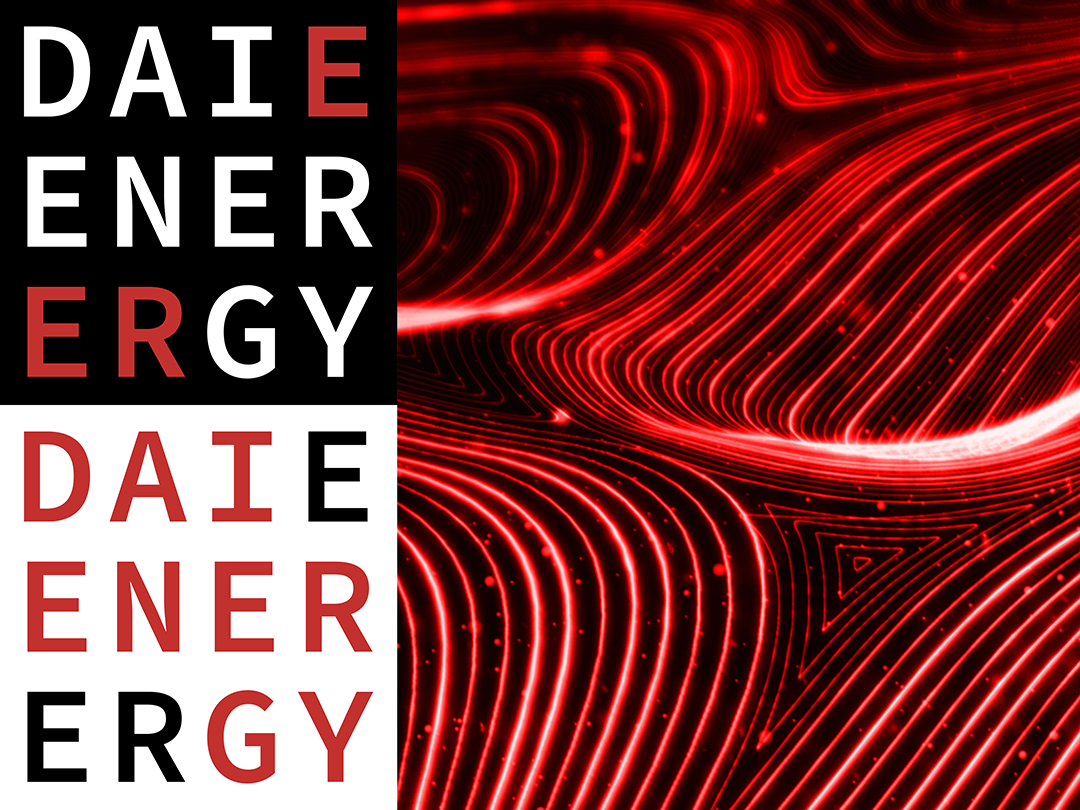Projects
Applied AI
MEGAMIND Measuring, Gathering, Mining and Integrating Data for Self-management in the Edge of the Electricity System
NWO Perspective Program, 2021
Network operators and market parties are looking for ways to prevent intelligently overloading the network and to link supply and demand. The MEGAMIND programme brings together knowledge of energy systems, artificial intelligence and regulation to develop both the necessary technology and appropriate regulations. The researchers aim to develop models to predict when problems will arise. Then, they will have devices that consume energy interact directly with devices that produce energy to avoid these situations.
Read more information on MEGAMIND here: https://megamind.energy/
Trustworthy AI-based Systems for Sustainable Growth ROBUST ICAI Project
NWO LTP 2022
ROBUST ‘Trustworthy AI systems for sustainable growth’ is a Long Term Program (LTP) from NWO. The robust program aims to achieve breakthroughs in five core dimensions of robust artificial intelligence (AI): accuracy, reliability, repeatability, resilience, and security. The reliability of an AI-based system is formalized through so-called contracts, that is, explicit guarantees about the intended behavior of the system. Explanations can bring intrinsic confidence to general users. Therefore, the development of explanation and evaluation methods is an essential part of this research.
Read more information on ROBUST here: icai.ai/ltp-robust.
AI EFFECT: EU H2020 Testing and Experimentation Facilities for the energy sector – bringing technology to the market
Fundamental AI
EIC Pathfinder open, Horizon Europe Programme, ``First Closed-loop non-Invasive Seizure Prevention System (RELIEVE)", 2023
2023
Drive2X project aims to establish a solid scientific base and stakeholder awareness for mass deployment of V2X solutions. This project will study and consolidate the understanding of behavioral uncertainties related to V2X and develop policy tools to support complex decision-making processes for successful mass deployment of V2X in European smart cities. In Drive2X, a comprehensive framework will be developed using state-of-the art technologies that will use the flexible energy potential available to various storage mediums in charging stations, home, and parking lots, and provide distribution grid support services. Drive2X embraces the fulfilment of EV user’s expectations as critical success factors in V2X mass deployment.
HORIZON-RIA, Horizon Europe Programme, “Delivering Renewal and Innovation to mass Vehicle Electrification enabled by V2X technologies (DRIVE2X)"
2023
Worldwide, almost 30 percent of 60 million patients with epilepsy suffer from drug-resistant epilepsy (DRE). It is evident that this category of neurological disorders drastically reduces the quality of life of patients and their families, and puts a huge pressure on healthcare systems around the world. In this project, we seek to develop a cost-effective wearable device to alleviate some burdens caused by this category of neurological disorders. The wearable device measures patients’ data via non-invasive sensors, such as scalp EEG sensors. The device is powered by a machine-learning (ML) method to predict the occurrence of epileptic seizures in patients. In particular, the ML method employs tools such as distributional robust optimization, mathematical signal processing, and numerical optimization.
Integration of Data-driven and Model-based Engineering in Future Industrial Technology with Value Chain Optimization (DIGITAL TWIN)
NWO Perspective Programme, 2019-2024
High-tech systems are becoming increasingly complex and more difficult to design, manufacture and maintain. The DIGITAL TWIN program develops methods to make accurate digital twins of these types of systems: virtual software versions that allow you to run simulations to predict, for example, how changes in the design affect performance, how control can be improved, or which part on which needs maintenance at the moment. Digital twins are still mostly based on static theoretical models that assume normal behavior. By linking these models to measurement data that indicate how the system actually functions and combining this data with artificial intelligence, the researchers make digital copies that continuously improve and adapt themselves. The research focuses on a number of exemplary systems provided by the Dutch high-tech companies involved in the program.
Control without Trust: A Distributionally Robust Approach
European Research Council Starting Grant, 2020-2025
This proposal lays the theoretical foundation for distributionally robust control and aims to make progress along four directions. (i) Decision-dependent ambiguity: we introduce the concept of invariant ambiguity sets to encompass the dynamic evolution of uncertainty. (ii) Dynamic programming: we establish a dynamic programming characterization of the proposed DRO models and provide tractable approximation schemes along with rigorous theoretical bounds. (iii) Safe and memory-efficient learning: Leveraging modern tools from kernel methods and online-optimization, we propose tractable, yet provably reliable, synthesis tools. (iv) we plan to develop a tailor-made modeling language and open-source software to make distributionally robust control methods accessible in industry-size applications.

